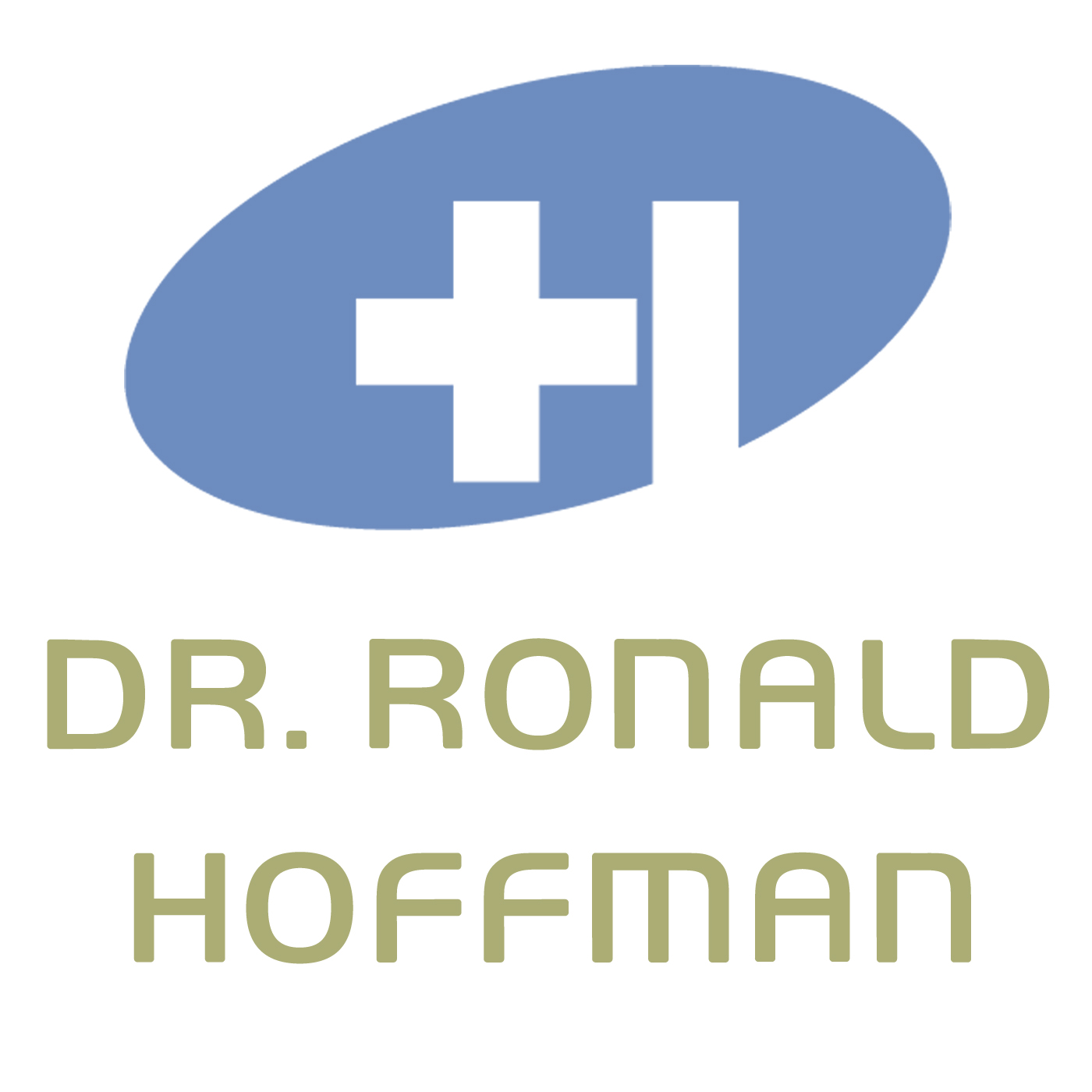| Podcast | |
|---|

|
Q&A with Leyla, Part 1
October 3, 2018
Evidence shows humans ate meat as long as 2 million years ago. News from the Corrections Department. Is it beneficial to take Ostinol along with Tricalcidin-3 for bone health? "I suffer from recurrent UTIs since my teens and now my 3 daughters suffer from the same thing." "My 18-year-old granddaughter got a kidney stone. How can she prevent a recurrence?" Click HERE for part 2.
| Share:
 |
|

|
Q&A with Leyla, Part 2
Does having ischemic cardiomyopathy require a lifetime of medication? Help for a scalp condition. Is there any cure for IGA nephropathy? "My kidney function is at 15%." Diet and supplement recommendations for seborrheic keratosis? "Am I overdosing on B vitamins?" Click HERE for part 1.
| Share:
 |
|

|
Successfully Regulate Your Appetite, Part 1
October 2, 2018
Dr. Rachel Herz, author of “Why You Eat What You Eat: The Science Behind Our Relationship with Food," explains how our neuroanatomical wiring affects our eating behavior. How do various tastes—sweet, salty, sour and bitter—impact our moods and appetites? How does DWD—dining while distracted—increase our food intake? What makes foods like bacon and chocolate so enticing? How food is presented affects our choices—as do portion sizes. What are the implications for strategies to curb excess caloric intake? Dr. Herz believes in “empowerment via awareness”—moderation and variation are keys to successful appetite regulation. Click HERE for part 2.
| Share:
 |
|

|
Successfully Regulate Your Appetite, Part 2
Dr. Hoffman continues his conversation with Dr. Rachel Herz, author of “Why You Eat What You Eat: The Science Behind Our Relationship with Food." Click HERE for part 1.
| Share:
 |
|

|
Intelligent Medicine Radio Show for September 29, Part 1
October 1, 2018
Medical journals and press pan fish oil supplements—but change their tune now that it’s offered as a lucrative drug; Surgery may be unnecessary for appendicitis; Fibromyalgia shown to be an inflammatory disease of the brain; Risk of neurodegenerative disease 1 in 3 for men, 1 in 2 for women; Neurothera by Klaire for “neuro-nutrition.” Click HERE for part 2. Click HERE for articles and resources relating to this podcast episode.
| Share:
 |
|

|
Intelligent Medicine Radio Show for September 29, Part 2
A caller claims his blood pressure meds make his tinnitus worse; Even mild physical activity rapidly boosts memory; Vitamin D deficiency associated with shrinkage of brain’s memory center; Dairy—even high-fat versions—lowers risk of heart disease and all-cause mortality; Skin cancer treatment and prevention options; New study confirms the anti-inflammatory effects of fruits and vegetables; Walnuts slash cardio risk, don’t cause weight gain; Heavy metal toxicity—with aluminum, mercury, arsenic, cadmium and lead—implicated in autism; Time-restricted feeding (TRF) can override unhealthy circadian rhythm disruption. Click HERE for part 1. Click HERE for articles and resources relating to this podcast episode.
| Share:
 |
|

|
Leyla Weighs In: Iodine
September 28, 2018
Are you getting enough iodine?
| Share:
 |
|

|
Q&A with Leyla, Part 1
September 26, 2018
Exciting information on TruNiagen -- nicotinamide riboside: Now available on Fullscript. Click HERE for more info and to purchase. "You mentioned that cancer can feed on glutamine. Does this also apply to GABA and theanine?" "What do you think of Chondrosulf?" "Is plant-based calcium as good as calcium citrate or calcium malate?" Click HERE for part 2.
| Share:
 |
|

|
Q&A with Leyla, Part 2
"My three-year-old son has anal fissures -- help!" I'm getting a slight allergic reaction to colostrum. Why?" "Have you ever heard of the Stetzerizer meter and filters for dirty electricity elimination? Would you recommend it for your home?" Click HERE for part 1.
| Share:
 |
|

|
The Spiritual Dimension of Healing, Part 1
September 25, 2018
America’s foremost integrative ENT, Dr. Ben Asher, weighs in on the spiritual dimension of healing: Why does Dr. Asher characterize modern medicine as “fear-based”? What’s wrong with our contemporary conception of illness? How are patients made to suffer guilt and stigmatization for failing to ward off health problems? Why are even holistic practitioners sometimes complicit in fostering these harmful attitudes? Dr. Asher recalls his profound personal transformational experience at the hands of a Mayan healer. How has that affected his attitude towards healing? Could mindfulness help health professionals avert “compassion burnout”? How do drugs like MDMA act as “empathogens” enabling patients to recover from PTSD? Dr. Asher describes his own unique meditation practices and shares meditation resources. Click HERE for part 2.
| Share:
 |
|
|




























